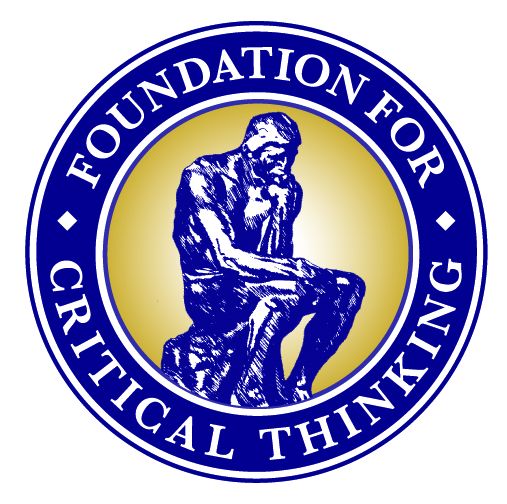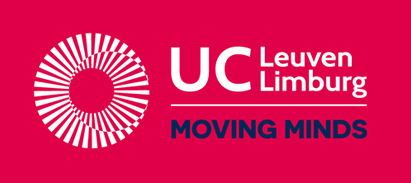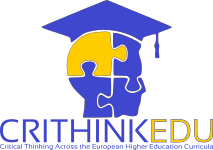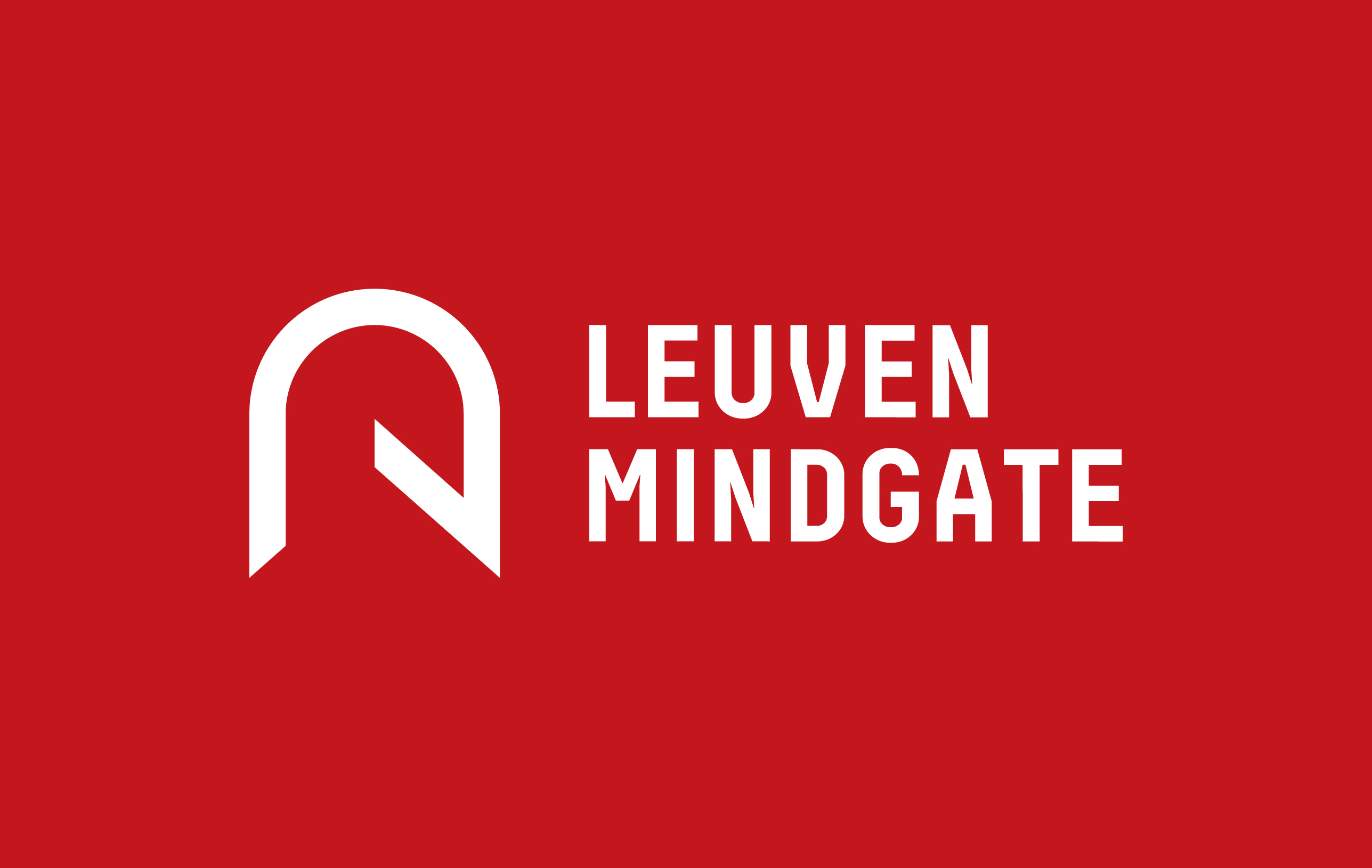
June 4 – June 7, 2019
at
KU Leuven, Belgium
Organized by The Foundation for Critical Thinking in Partnership with CRITHINKEDU, KU Leuven, and University Colleges Leuven-Limburg (UCLL)
 Since 1981, The Foundation and Center for Critical Thinking – sister organizations that together represent the world's oldest think tank dedicated to critical thinking – have hosted the world's longest-running critical thinking conference. The conference emphasizes the Paul-Elder Framework for Critical Thinking, which stands apart from other critical thinking theory in that, first, it applies to all human thought in all fields, professions, and domains of life; second, it relies on natural, rather than technical, language to provide tools and concepts that enable the thinker to break down, assess, and enhance his or her own thinking; third, it accounts for human emotions and desires; and fourth, it emphasizes the importance of ethics in reasoning.
Since 1981, The Foundation and Center for Critical Thinking – sister organizations that together represent the world's oldest think tank dedicated to critical thinking – have hosted the world's longest-running critical thinking conference. The conference emphasizes the Paul-Elder Framework for Critical Thinking, which stands apart from other critical thinking theory in that, first, it applies to all human thought in all fields, professions, and domains of life; second, it relies on natural, rather than technical, language to provide tools and concepts that enable the thinker to break down, assess, and enhance his or her own thinking; third, it accounts for human emotions and desires; and fourth, it emphasizes the importance of ethics in reasoning.
The European Summit for Critical Thinking Education will be a unique opportunity for people from around the world to gather and discuss critical thinking teaching and learning strategies, as well as other important related matters. Read more here.
 The Foundation for Critical Thinking, together with CRITHINKEDU and University Colleges Leuven Limburg (UCLL), will host the 39th Annual International Conference on Critical Thinking at one of the world's most esteemed universities: KU Leuven in Leuven, Belgium.
The Foundation for Critical Thinking, together with CRITHINKEDU and University Colleges Leuven Limburg (UCLL), will host the 39th Annual International Conference on Critical Thinking at one of the world's most esteemed universities: KU Leuven in Leuven, Belgium.  One of the major universities of applied sciences in Flanders, the University of Colleges Leuven-Limburg (UCLL) is working with KU Leuven to bring the Annual International Conference to Europe for the first time. UCLL is a member of the KU Leuven Association, which is a major higher-education association comprised of thirteen institutions.
One of the major universities of applied sciences in Flanders, the University of Colleges Leuven-Limburg (UCLL) is working with KU Leuven to bring the Annual International Conference to Europe for the first time. UCLL is a member of the KU Leuven Association, which is a major higher-education association comprised of thirteen institutions.  The Foundation for Critical Thinking is pleased to partner with CRITHINKEDU in organizing and hosting the 39th Annual International Conference on Critical Thinking.
The Foundation for Critical Thinking is pleased to partner with CRITHINKEDU in organizing and hosting the 39th Annual International Conference on Critical Thinking.
We are grateful to have Leuven MindGate as a communications sponsor for the 39th Annual International Conference on Critical Thinking. It represents one of the world's prime regions for health, high-  tech, and creativity – a region with a unique ecosystem of companies × cooperating with knowledge institutions and the government, creating a perfect breeding ground for companies, entrepreneurs, investors, and international talent. Simply put, it is a great place to study, work, and live.
tech, and creativity – a region with a unique ecosystem of companies × cooperating with knowledge institutions and the government, creating a perfect breeding ground for companies, entrepreneurs, investors, and international talent. Simply put, it is a great place to study, work, and live.
Leuven MindGate participates in national and international projects, missions, and trade fairs, and it constantly aims to be a worldwide leader when it comes to health, high-tech, and creativity. Leuven MindGate also improves cross-pollination between these sectors by letting them interact, cooperate, and co-create.